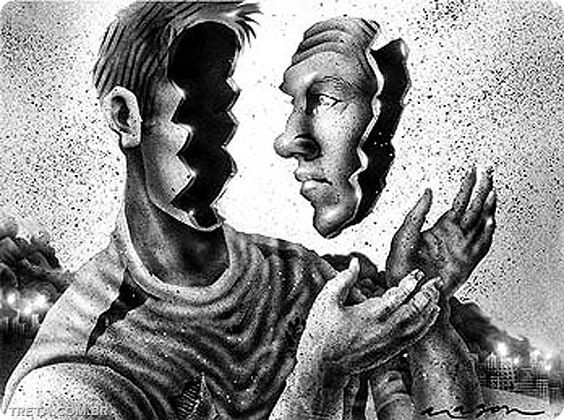Fifty years ago Will Durant, wrote, “We humans are the same trousered apes at 2000 miles an hour as when we had legs.” Given the consensus at present that the future of humanity is in cognitively and physically merging with our machines, that statement sounds prophetic.
Durant asks, “We frolic in our emancipation from theology, but have we developed a natural ethic—a moral code independent of religion—strong enough to keep our instincts of acquisition, pugnacity, and sex from debasing our civilization into a mire of greed, crime, and promiscuity?
Contrast this trenchant question with this superficial definition and question from the celebrity-philosopher Bernard-Henri Levy in New York Time’s dilettantish “Stone”: “To be human is to aspire to be more than merely a sliver of nature…[but] how will be able to tell a real human from a synthetic one?”
To a true philosopher, such statements and questions inspire a reaction like fingernails on a chalkboard. It’s idiotic to say, “Being human means taking a leap out of the natural order,” when our separation from and fragmentation of nature lies at the root of our inhumanity.
 This is a hideous philosophy: “This systematic denaturalization, this confidence that a piece of oneself can escape from the natural order of the world.”
This is a hideous philosophy: “This systematic denaturalization, this confidence that a piece of oneself can escape from the natural order of the world.”
Levy digs his hole even deeper: “To be human is to be endowed with a soul which acts as a passport out of nature and into our human essence.” That’s not only rubbish, it’s philosophical malpractice, and for the NYT to feature such twaddle attests to how far Western civilization has morally and intellectually sunk into its own mire.
“Philosophy,” Bernard-Henry Levy pronounces with the confidence of a con-man (even as he dissembles, “ultimately, I am sure of nothing”) “is strictly concerned with the field of the possible…so I can only wager on what may be.”
Reading such rot, I despair for humanity. Fortunately, the barren ground of “The Enlightenment” is not the whole of humanity. Thinking and feeling people recognize that the West’s voices of moral and intellectual authority are a rotten, leaking bucket when countless people are inwardly dying of thirst.
Levy sets up a straw man rather than address the reality he is desperate to avoid. The reality is that the human condition and consciousness have become a global ecological, spiritual, social and political nightmare. The question is, can enough of us awaken in time?
Instead Levy pontificates: “When we dedicate ourselves to the search for some lost native land, for something pure, we only pave the way for totalitarianism.” That’s a devious conflation between nativism and the human requirement to be cleansed, and to drink pure water, literally and metaphorically.
No philosopher’s trick can turn man’s alienation from the wholeness of nature into a virtue. No matter what ridiculous French philosophers say, man is an increasingly untenable contradiction in nature that we urgently need to spiritually and philosophically resolve.
In Levy’s sophomoric essay, there is no mention of the real and present ravages of climate change, much less how humans, a sentient species, are bringing about the sixth mass extinction in the history of life on earth. No, he thinks we should  celebrate, even idolize our “systematic denaturalization” and “escape from the natural order of the world.”
celebrate, even idolize our “systematic denaturalization” and “escape from the natural order of the world.”
In the end, Levy’s philosophy descends into gibberish: “If we are troubled by the sense that the inhuman is the rule and the human the exception, we must come to understand it as a source of salvation.”
Though Levy proudly divorces himself from any consideration of God, declaring that to be human is “first, negation of God,” the old Christian idea of man’s special creation is woven throughout his bizarre definition of what it means to be human.
“Nature is the first stage of humanity,” he intones, “but it can, under no circumstance, be its horizon… [since] to be human is to aspire to be more than merely a sliver of nature.”
How wretchedly ironic such a statement is, since it’s precisely the fragmenting tendencies of the human mind that have made us slivers and shards of nature.
We have not risen above nature; we have devolved below it. It’s only when we discover a self-knowing relationship with the earth that the divisions and fragmentations of man can be healed.
Martin LeFevre
Link:
https://www.nytimes.com/2018/08/22/opinion/we-are-not-born-human.html

